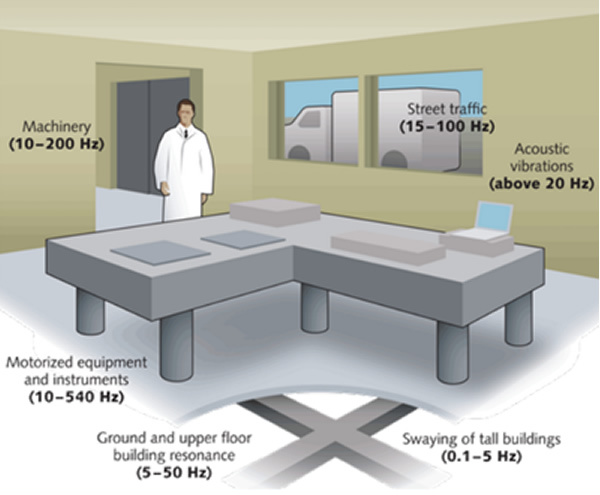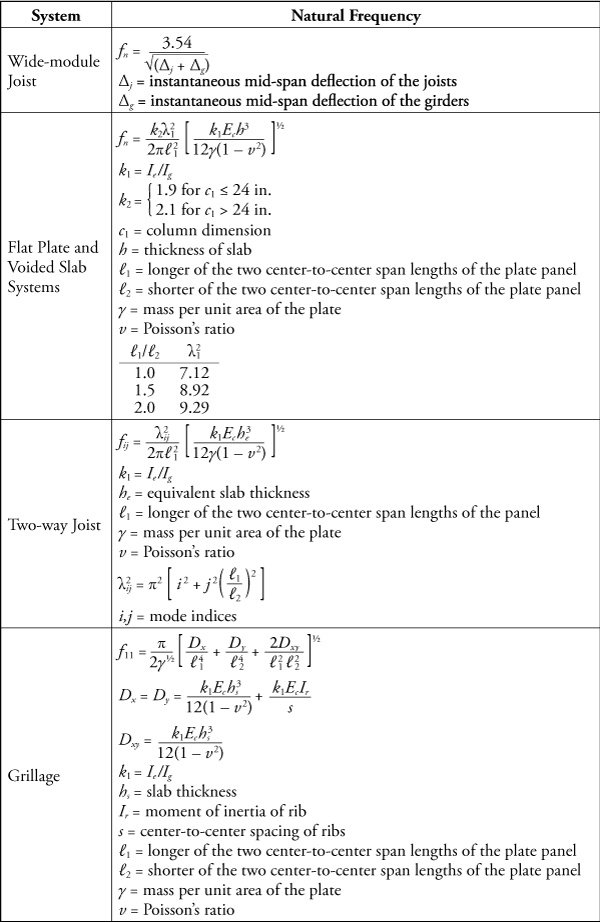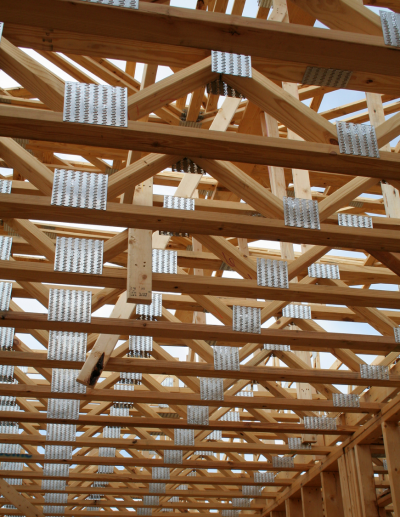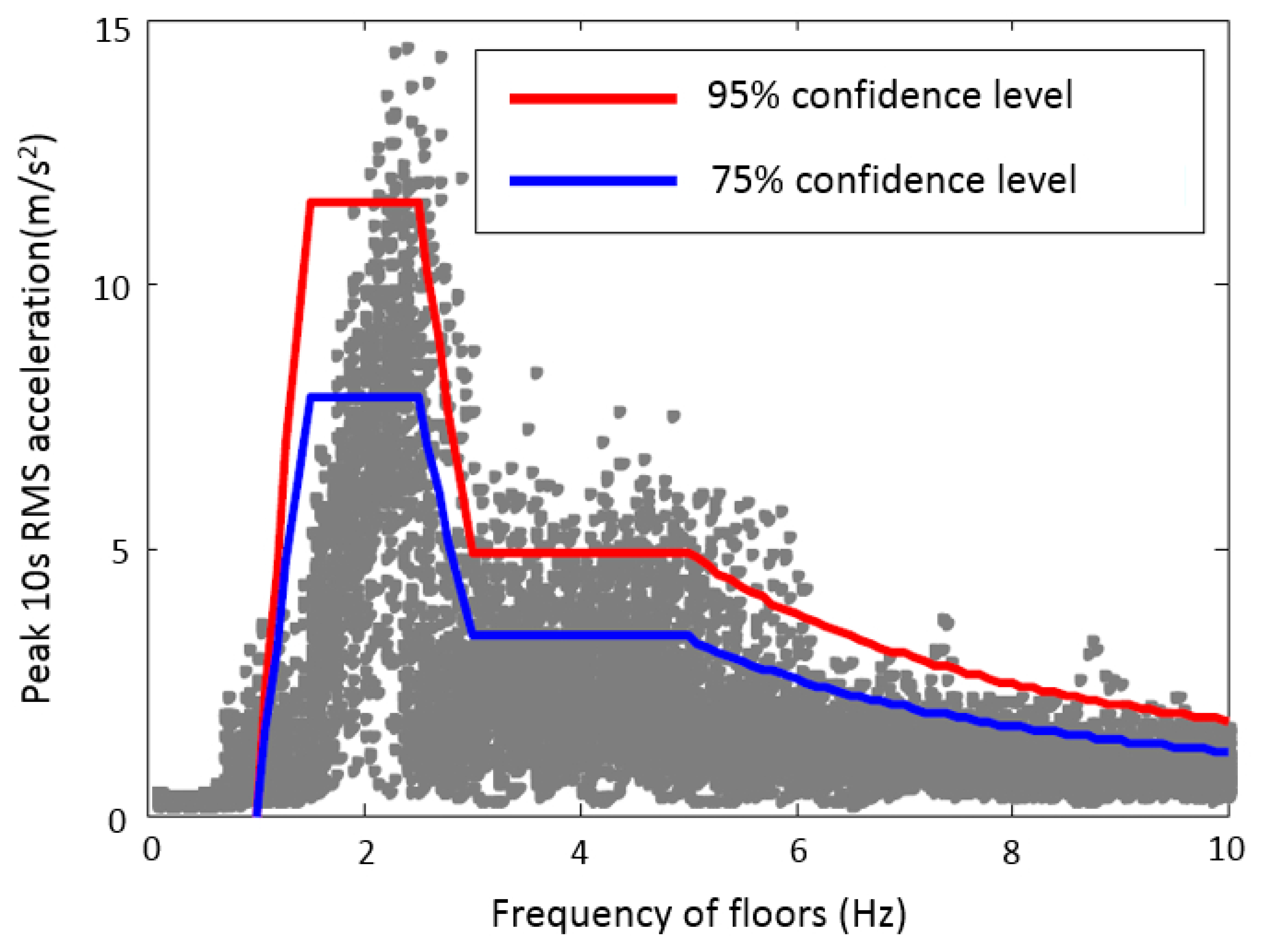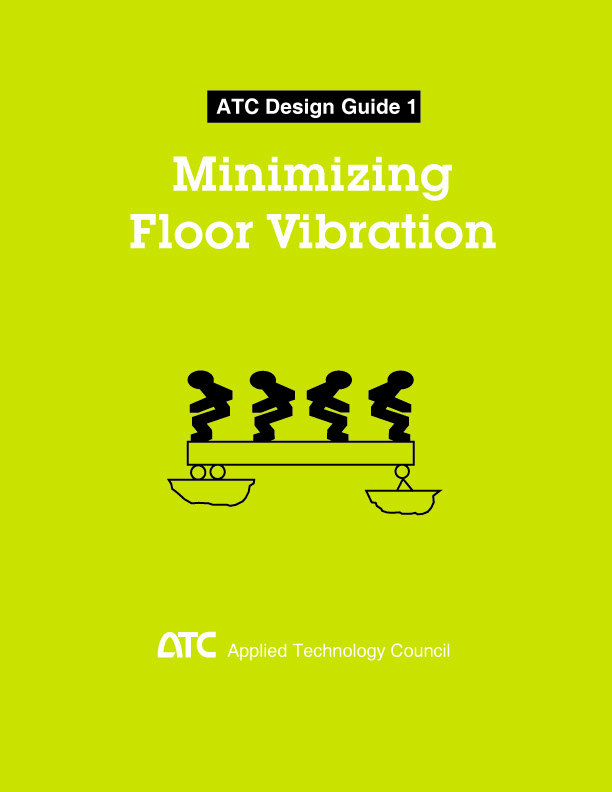They were originally developed as a generic vibration criteria for vibration sensitive equipment for use in the semiconductor medical and biopharmaceutical industries but have found application in a wide variety of technological applications.
Floor vibration criteria.
For slender floor structures as made in steel or composite construction serviceability criteria govern the design.
The vibration source plays an important role in the overall vibration analysis.
Acceptance criteria for vibration are specified for human comfort and sensitive equipment.
A prediction of the floor response and a human tolerance level.
The vc vibration criteria curves were developed in the early 1980s by eric ungar and colin gordon.
4 floor vibration introduction steel structures can meet even the strictest vibration performance criteria in recent years there has been an increase in demand for buildings that are fast to construct have large uninterrupted floor areas and are flexible in their intended final use.
Floor systems are to be avoided especially in lightweight steel concrete composite construction a practical limit being 25 30 ft to avoid excessive footfall vibrations.
Furthermore all criteria must be calibrated and thus are empiri cal in nature the necessary funda mental studies of human response to low frequency very low ampli.
Many criteria have been proposed through the years for human comfort related to vibration of floor systems.
Values for dynamic load param.
Spans longer than 35 ft.
Floor systems so designed is unknown at this time.
Vibration criterion vc curves.
Allen rainer and pernica 1985 and allen 1990 1990a published criteria for the acceptability of vibration of floor systems that are subjected to rhythmic activities such as danc ing and jumping exercises.
Guidance is given for.
Preventing or reducing floor vibration problems.
Using these vibration sensors and our analysis equipment we measure the frequencies and amplitudes of the floor vibrations at the site where the equipment will be installed.
All floor vibration criteria have two parts.
The purpose of this publication is to provide design engineers with a practical yet comprehensive review of the criteria and methods available to prevent floor vibration problems.
Because of the complexities involved in human response to vibration and the different.
Modern design and construction.
This data is then compared with the equipment manufacturer s specification for the level of vibration that is allowable for that machine.
L the design guide should not be applied to specification of tolerable vibration by the introduction of acceptance classes chapter 4 and l buildings prediction of floor response due to human.
To limit induced vibration some facilities use separate.
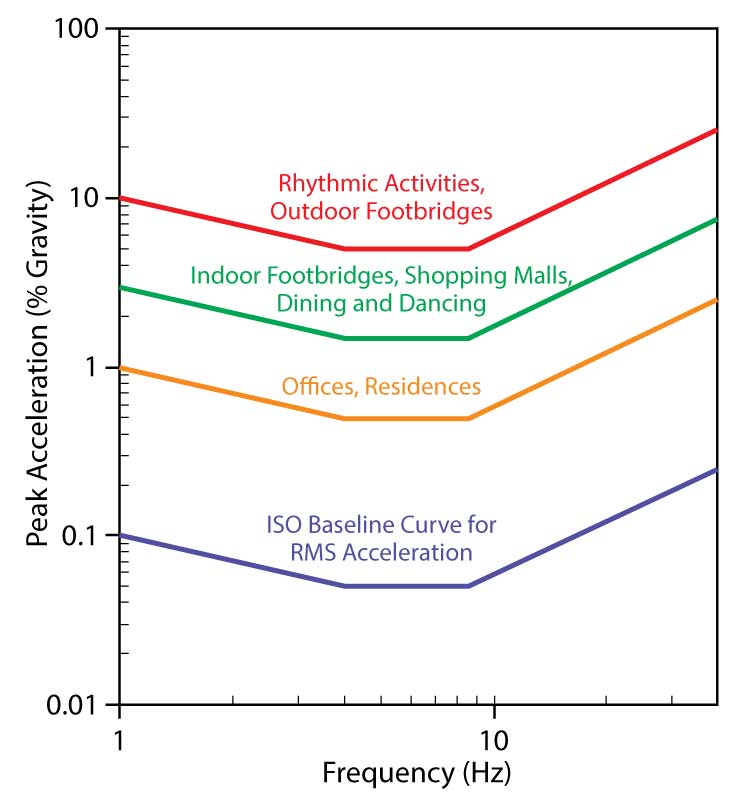

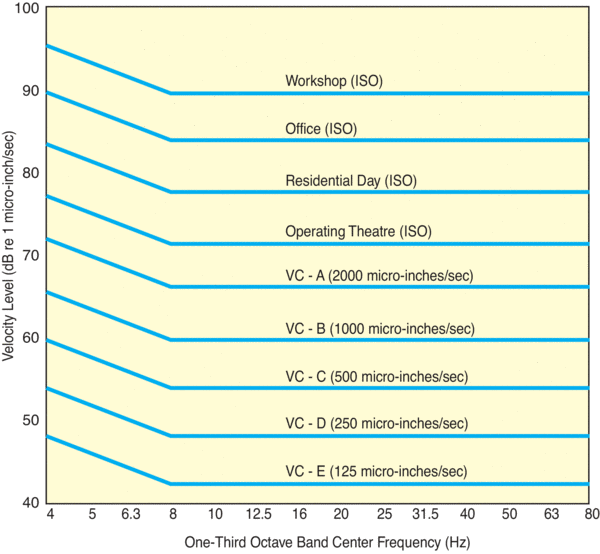

.jpg)


